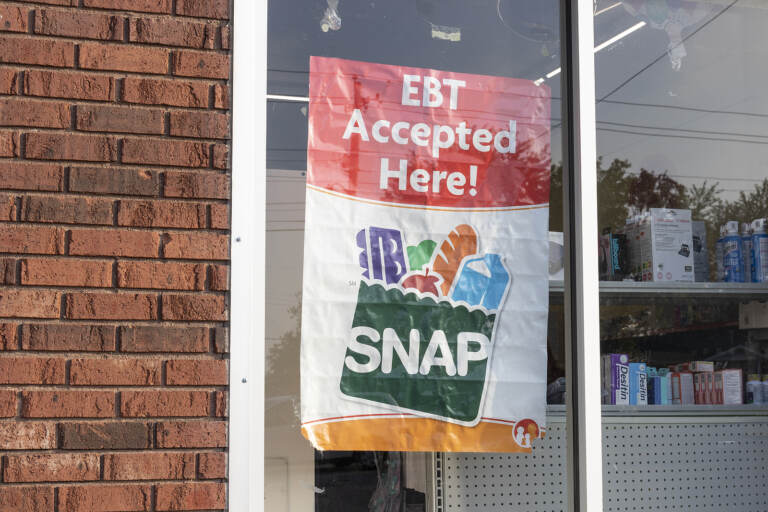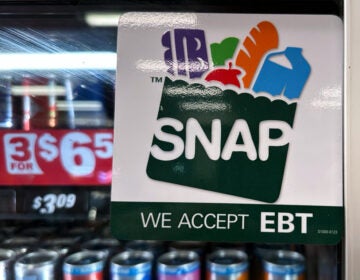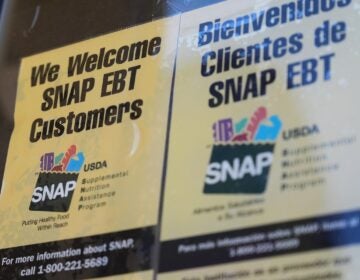New Jersey college students support proposal to eliminate work requirement for SNAP benefits
Under the proposal, students who qualify for the New Jersey Educational Opportunities Program would not need to work 20 hours to be eligible for SNAP benefits.

(Jonathan Weiss/BigStock)
The New Jersey Senate has advanced a proposal that some college students said would help tackle food insecurity on campuses across the state.
State lawmakers have introduced a bill that would eliminate a work requirement for low-income students seeking SNAP benefits, also known as “food stamps.”
Currently, most students seeking SNAP benefits are obligated to participate in a work-study program or work off-campus at least 20 hours per week.
Under the legislation, introduced by Sen. Anthony Bucco (R-Morris), the state would eliminate the 20-hour work requirement for college students who receive an award from the New Jersey Educational Opportunity Fund.
Some students, like Stockton University senior, Sillon Williams, said it would be a game-changer.
“Sometimes, me and my friends. We have $50 to bring us to the end of the week. And we have to study and attend classes. So we might not be able to work 20 hours,” Williams said. “School should be the number one focus.”
Williams, a political science student who originally hails from Millburn, works part-time at Dunkin Donuts earning minimum wage. She said food insecurity on campus is widespread.
“My school has a food pantry that is always stocked. And people are always going in and out. So based on that alone, I would say students do need SNAP, even if they don’t know about applying,” Williams said.
Zaniya Lewis, a student at Rutgers Law school, favors the bill, but said it should do more.
“I believe the bill should include all financial aid recipients, need-based recipients, and federal and state-work study recipients. It is important to note that financial aid packages vary depending on the student,” Lewis said. “For example, a work-study recipient may not be eligible for the New Jersey Educational Opportunity Fund. At the same time, a student that is a recipient of the New Jersey Educational Opportunity Fund may not be able to find a work-study job, preventing that student from working the 20 weekly hours to be eligible for SNAP benefits.”
“Other financial aid practices may reduce a student’s eligibility to become a recipient of the New Jersey Educational Opportunity Fund and/or work-study program, [for example] scholarship award displacement or federal over-awarding policy,” Lewis added.
Williams agreed with Lewis’ call to extend benefits to more people.
“Make it more available…because a lot of college students, like myself…have to qualify through [our] parents,” Williams said. “So I guess make it more independent for college students to apply on their own, without their parents needing to cosign… because a lot of times…you’re still dependent on your parents in terms of taxes, but they’re not helping you in paying for yourself while you get to college.”
Both Williams and Lewis are members of the NAACP New Jersey State Conference Youth and College program.
According to a 2020 study by the Hope Center For College, Community, and Justice at Temple University, 29% of students at four-year universities are food insecure. Additionally, the report found that students of color are disproportionately impacted.
The legislation comes as food prices rose across the board this year.
Thursday, the New Jersey Senate Health and Human Services Committee overwhelmingly cleared the bill. The General Assembly Human Services Committee has yet to schedule a hearing.
WHYY is your source for fact-based, in-depth journalism and information. As a nonprofit organization, we rely on financial support from readers like you. Please give today.





